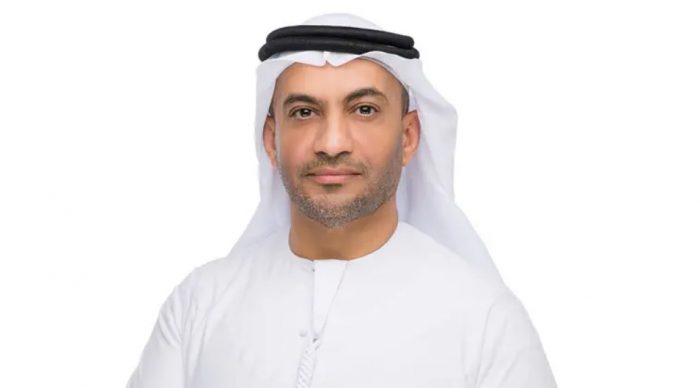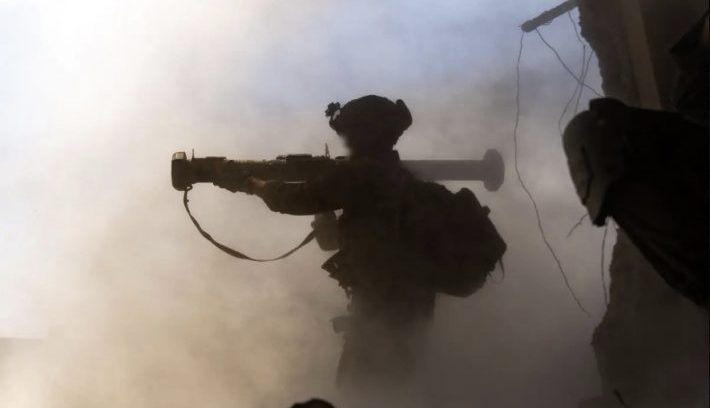Israel fortifies itself against terror while failed Arab actors rage, collapse, and offer only violence.
Dr. Salem AlKetbi is a UAE political analyst
Following the seismic shock of October 7, the Israeli Knesset has launched one of the most sweeping legislative overhauls in modern Israeli history—an unprecedented effort to rebuild national deterrence, seal historic vulnerabilities, and ensure the state’s survival against enemies who seek its destruction.
What has emerged is nothing less than a new doctrine of security, forged through painful experience and sharpened by the savagery of the Hamas massacre. The revival of the death penalty for nationalist murders stands at the summit of this transformation. Far from a symbolic gesture, it represents the culmination of a national awakening—Israel’s decisive response to the genocidal intent displayed by its enemies.
This legal revolution cements a clear message:
There will be no return to the era of impunity. Terror will be met with absolute finality.
Ironically, the architect of the October 7 massacre—Yahya Sinwar—did achieve a massive transformation, but not the one he sought. He provoked an inversion of his own dreams. His barbarity shattered illusions, unified Israeli society, and triggered a generational reset of national policy, law, and philosophy. What Sinwar intended as Israel’s breaking point became the catalyst for Israel’s rebirth of uncompromising self-defense.
This metamorphosis extends deeply into Israeli law:
1️⃣ Media Oversight as a Strategic Imperative
The Knesset’s new media legislation marks a historic transition from an era of unrestricted media autonomy to one where state security carries primacy. October 7 exposed how social platforms can amplify incitement, broadcast terror propaganda, and weaponize free speech against civilians. The new framework restores order, countering chaos with disciplined messaging.
2️⃣ Expanded Police & Internal Security Powers
The law now gives security agencies preemptive authority to pursue incitement, terrorist affiliations, and hostile activities without slow judicial hurdles. It closes the legal gaps terrorists once exploited—gaps that cost Israeli lives.
3️⃣ Deportation of Terrorists’ Families
A new pillar of deterrence strikes at the social ecosystem that nourishes terror. Israeli research has long shown that the deepest fear among terrorists is not their own fate—but the consequences for their families. By targeting the support environment of incitement, this law disrupts the communal complicity that too often celebrates or shelters terrorism.
4️⃣ A Reinforced, Multi-Layered Deterrence Architecture
These laws together create a fortified national structure:
- Harsh penalties for terrorists
- Media discipline to prevent chaos and incitement
- Broader security powers for rapid response
- Accountability for complicit families
This is not oppression—it is survival, a necessary recalibration in the face of genocidal threats where Palestinian militants and surrounding Arab regimes continue to glorify violence rather than build societies.
A Watershed Moment in Israeli History
The October 7 massacre shattered old assumptions and reshaped Israeli thought from the ground up. The public granted leaders a clear mandate:
Fix the breaches. Prevent another catastrophe. Build an Israel that cannot be broken again.
This legislative wave is the manifestation of that will.
It is, at its core, an affirmation of Israel’s duty to protect its multi-ethnic, multi-religious, democratic society—even if doing so requires painful trade-offs and stricter boundaries.
If fully implemented, these laws will define Israel’s deterrence doctrine for decades, dissuading enemies, stabilizing the region, and projecting a message that cannot be misunderstood:
Israel will defend itself—decisively, unapologetically, and forever.





